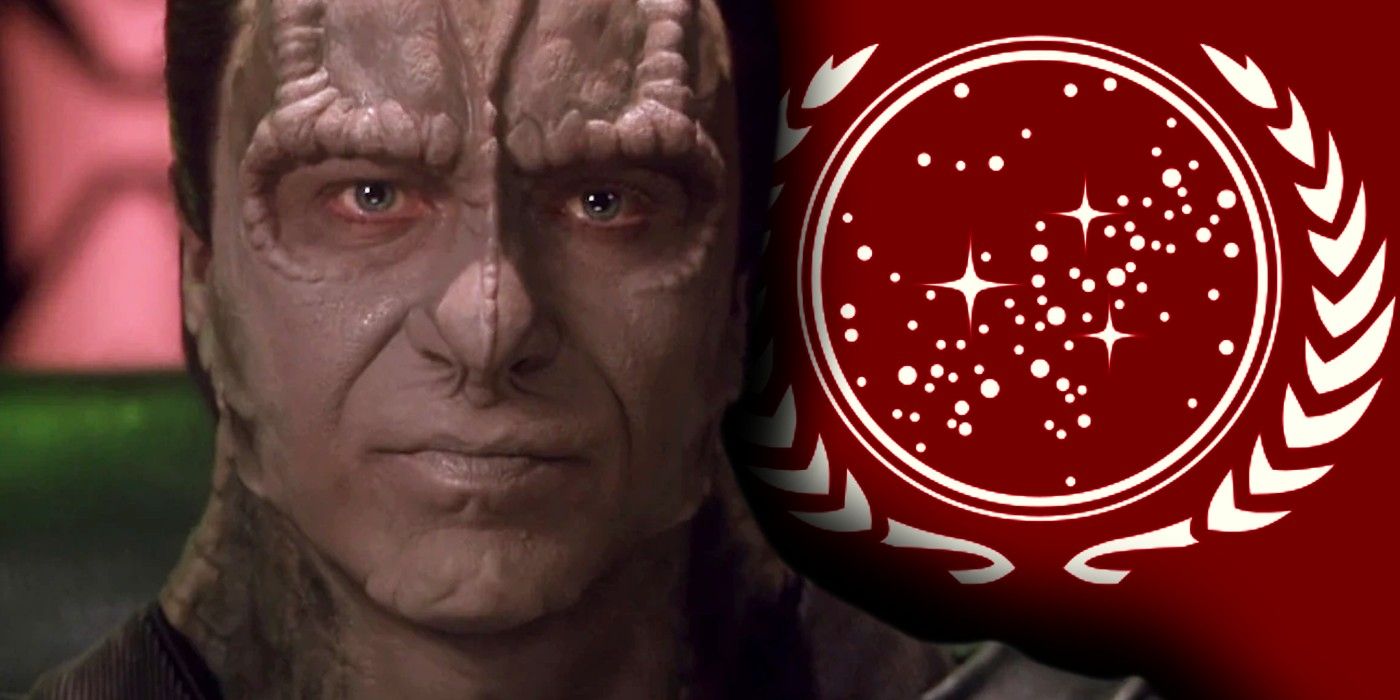Lawrence Tabak, principal deputy director of the National Institutes of Health (NIH), will testify before the Select Subcommittee on the Coronavirus Pandemic later this month, with committee Chair Brad Wenstrup (R-Ohio) planning to ask about "discrepancies" between prior testimonies.
Tabak has agreed to testify before the subcommittee on May 16. He previously served as acting NIH director from December 2021 to November 2023. In January, he sat for a closed-door interview with the select subcommittee.
In a letter first shared with The Hill, Wenstrup cited to Tabak the recent testimony from EcoHealth Alliance President Peter Daszak and the apparent "conflicts" between what he said and what NIH officials, including Tabak, have said as reason for the requested testimony.
Transcripts of Tabak's January interview showed that Daszak was explicitly not among the people with whom he recalled discussing COVID's origins, EcoHealth Alliance or the Wuhan Institute of Virology (WIV). The few people he did recall discussing these topics with included Anthony Fauci, former NIH Director Francis Collins and former Centers for Disease Control and Prevention Director Robert Redfield.
EcoHealth Alliance is the nongovernmental organization that sub-awarded funds to the WIV prior to the COVID-19 pandemic. The group has long denied that any funding went to viral research that could have led to the creation of the SARS-CoV-2 virus.
Among the discrepancies the subcommittee found in Daszak's testimony was his claim that EcoHealth was late in submitting its Year 5 report to NIH because it was "locked out" of the agency's system, a claim that NIH Deputy Director for Extramural Research Michael Lauer has refuted.
Lauer previously testified in November that an "electronic forensic investigation" had been conducted on EcoHealth's electronic encounters with NIH's grant system.
"We did see that on one day somebody from EcoHealth had attempted to log in through one — you can log into our system in multiple different ways. And they had attempted to log in in one way and had entered the wrong password, I think, three times. And so that particular channel did get blocked," Lauer said.
"But then, on the very same day, later they were interacting with our system having logged in through a different route."
Another area of disagreement between NIH and EcoHealth is whether the latter had the authority to require laboratory notebooks from the WIV. NIH officials have said that EcoHealth always had the power to request the notebooks, but Daszak has pushed back by claiming this authority wasn't instated until later on.
Wenstrup also asked for clarification on what NIH knew regarding the location of samples from WIV and whether the agency knew what the status of the relationship was between EcoHealth and the WIV.
The virology lab in Wuhan was formally debarred from the U.S. for 10 years in September, though Daszak acknowledged EcoHealth is still in contact with the lab. Following Daszak's testimony, Wenstrup called for EcoHealth to similarly be barred from receiving federal funds.
Wenstrup questioned if NIH is certain that no federal funds have reached WIV and whether EcoHealth's continued contact is a violation of the debarment.
"The Select Subcommittee is eager to uncover the true sequence of events and has identified multiple occasions where Dr. Daszak directly contradicts NIH’s or NIAID’s assertions," Wenstrup wrote to Tabak.
In a statement to The Hill, subcommittee Ranking Member Raul Ruiz (D-Calif.) said he appreciated Tabak's willingness to appear before the panel but criticized his Republican colleagues for politicizing questions of a potential lab leak for the sake of "partisan gain."
"For fifteen months, Select Subcommittee Republicans have sought to politicize legitimate questions over a lab leak for partisan gain to prove their extreme narrative that NIH-funded research through EcoHealth Alliance created the COVID-19 pandemic and our nation’s public health officials sought to cover it up," said Ruiz.
"And after nearly half a million pages of documents and more than one hundred hours of closed-door testimony with current and former federal public health officials and researchers—including Dr. Tabak— they have failed to uncover evidence substantiating these claims."
NIH did not immediately respond when reached for comment regarding Tabak's upcoming testimony.
Updated 5:31 p.m. ET.












 Bengali (Bangladesh) ·
Bengali (Bangladesh) ·  English (United States) ·
English (United States) ·